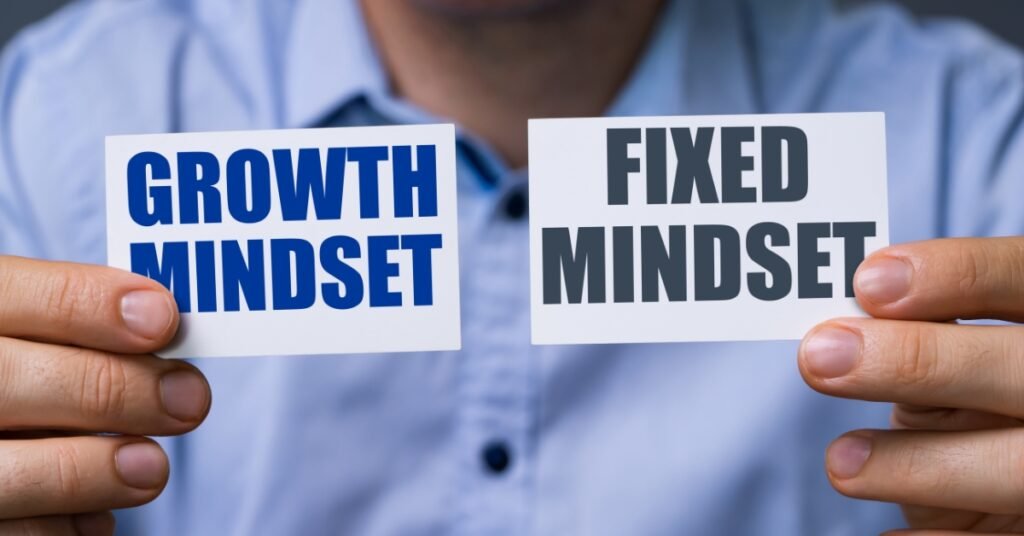Unlock the art of productive meetings with our expert tips. Elevate your team’s efficiency and creativity in every discussion.
Table of Contents
Meetings are integral to the professional world, serving as a platform for brainstorming, decision-making, and strategizing.
However, not all meetings are productive, and many can feel like a waste of time.
To combat this, we have gathered the top 10 tips to help you conduct meetings that are not only effective but also enjoyable for all participants.
Our approach emphasizes simplicity and clarity, ensuring these tips are accessible and applicable to a wide audience.
Prelude to Productive Meetings
Before diving into our tips, let us address two crucial considerations that set the stage for effective meetings:
- Balancing Meetings with Individual Work: Avoid scheduling too many daily meetings. It is tempting to pack your schedule with back-to-back meetings in the hope of freeing up the rest of your week for individual tasks. However, this can lead to reduced break times, increased fatigue, and decreased productivity. Research indicates that finding a healthy balance between meetings and individual work boosts enthusiasm, creativity, and output.
- Combining High-Pressure and Low-Pressure Tasks: Intersperse high-pressure meetings with low-pressure individual work, and vice versa. A day filled with high-stress meetings and tasks can escalate stress levels unnecessarily. Planning your day better can create a more manageable and less stressful schedule.
Top 10 Tips for Holding Effective Meetings
Assess the Necessity of the Meeting
- Key Question: Do you need this meeting? It must be revised if the meeting’s objectives can be achieved via email. Avoid being the person known for scheduling needless meetings.
Set a Clear Agenda
- Goal-Oriented Approach: Withng is likely to fail with a definite goal. Ensure you have a clear objective for the meeting to achieve tangible outcomes.
Get Your Target Audience Right
- Selective Invitations: Only invite essential personnel, including decision-makers. Overcrowding a meeting can dilute productivity.
Duration Matters
- Optimal Length: Keep meetings between 45 minutes to an hour. Lengthier discussions can lead to diminished Focus and engagement.
Timing is Crucial
- Strategic Scheduling: Avoid setting meetings right before lunch or at the end of the day to ensure full attention from participants.
Start on Time
- Punctuality: Commence meetings as scheduled to respect those arriving on time and discourage tardiness.
Consider Stand-up Meetings
- Dynamic Meetings: Standing meetings can expedite discussions and minimize distractions, promoting efficiency.
Share in Advance
- Preparation: Distribute any relevant materials before the meeting to facilitate focused discussions on key points, saving time and enhancing productivity.
Encourage Participation
- Open Forum: Foster an environment where all opinions are valued and encouraged, enhancing creativity and involvement.
Maintain Focus
- Guided Discussion: As the host, you must keep the meeting on track and ensure that discussions remain relevant.
- Follow-up: Remember to distribute the meeting minutes to ensure all participants are on the same page and to document decisions, action items, and responsibilities.
Engage with Us
How do you ensure your meetings are productive and engaging?
We are eager to hear your strategies and experiences.
Share your insights in the comments below!
Integrating these tips into your meeting planning process allows you to transform your meetings from time-consuming obligations into productive, engaging, and enjoyable gatherings.






